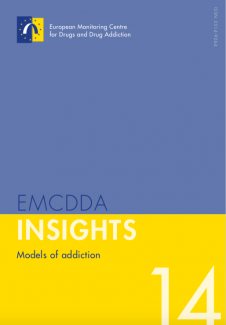Cognitive-behavioral therapies in Mexico
The book that the reader has in his hands aims to reflect the origin, background and current status worldwide and in Mexico of cognitive-behavioral therapies, as well as the different areas at its disposal, of which we only present a few...



